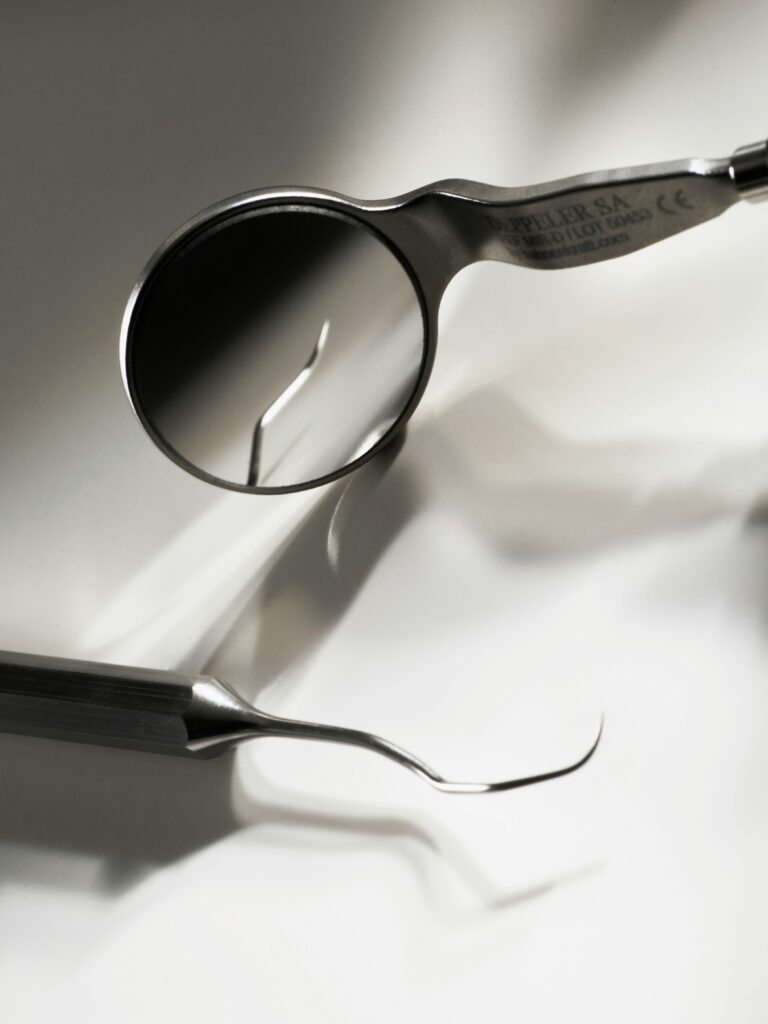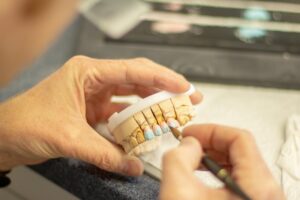Are you a dental professional looking to further your education and expertise in Europe? Europe offers a wide range of postgraduate dental courses tailored to meet the needs of dental practitioners seeking advanced training and specialization. In this article, we’ll explore the diverse opportunities available for postgraduate dental education in Europe and the benefits of pursuing such courses.
-
Specialization Pathways
Postgraduate dental courses in Europe provide opportunities for dentists to specialize in various fields of dentistry, including orthodontics, endodontics, periodontics, prosthodontics, oral surgery, and more. These specialization pathways allow dental professionals to deepen their knowledge, hone their clinical skills, and become experts in specific areas of dental practice. Whether you’re interested in working with children as a pediatric dentist or performing complex oral surgeries, there’s a specialization program to suit your career goals.
-
Master’s Programs
Many European universities offer Master of Science (MSc) programs in dentistry or specific dental specialties. These programs typically involve a combination of coursework, clinical training, and research, culminating in the completion of a master’s thesis or dissertation. Master’s programs provide a comprehensive understanding of advanced dental concepts, research methodologies, and evidence-based practices, preparing graduates for leadership roles in clinical practice, academia, or research.
-
Clinical Residency Programs
Clinical residency programs in Europe provide intensive hands-on training and clinical experience under the supervision of experienced faculty members and specialists. These programs are designed to enhance clinical skills, diagnostic abilities, and treatment planning proficiency in a real-world clinical setting. Residents work alongside faculty members and treat patients with complex dental needs, gaining valuable practical experience and exposure to advanced treatment modalities. -
Continuing Education Courses
In addition to formal degree programs, European dental associations, professional organizations, and academic institutions offer a wide range of continuing education courses and workshops for practicing dentists. These courses cover topics such as the latest advances in dental technology, updates in dental materials and techniques, practice management strategies, and patient communication skills. Continuing education courses allow dental professionals to stay abreast of industry trends, maintain licensure requirements, and enhance their professional development throughout their careers.
-
Research Opportunities
Europe is home to leading dental research institutions and academic centers conducting groundbreaking research in various areas of dentistry. Postgraduate students have the opportunity to engage in research projects, collaborate with faculty members, and contribute to advancements in the field. Research-oriented postgraduate courses provide training in research methodologies, critical analysis of scientific literature, and dissemination of research findings through publications and presentations, preparing graduates for careers in academia, research, or clinical practice.
-
International Networking and Collaboration
Postgraduate dental courses in Europe attract students and faculty members from around the world, creating a diverse and dynamic learning environment. Students have the opportunity to network with peers, exchange ideas, and collaborate on research projects with colleagues from different cultural and professional backgrounds. International collaboration fosters cross-cultural understanding, promotes knowledge sharing, and expands professional networks, enriching the educational experience and opening doors to global career opportunities.
-
Multidisciplinary Approach
Postgraduate dental courses in Europe often adopt a multidisciplinary approach, integrating knowledge and expertise from various fields of dentistry and related disciplines. Courses may include collaborations with professionals from oral medicine, maxillofacial surgery, radiology, periodontology, and other specialties, providing a holistic understanding of complex dental conditions and treatment modalities. This interdisciplinary approach fosters collaboration, innovation, and comprehensive patient care, preparing graduates to address the diverse needs of their patients in clinical practice.
-
Flexible Learning Options
European universities offer a range of flexible learning options for postgraduate dental students, including full-time, part-time, and distance learning programs. Whether you prefer a traditional classroom setting or a more flexible online learning environment, there are options to suit your schedule and lifestyle. Distance learning programs allow practicing dentists to balance their professional commitments with further education, providing access to high-quality courses and resources from anywhere in the world.
-
Focus on Evidence-Based Practice
Postgraduate dental courses in Europe emphasize the importance of evidence-based practice, equipping students with the knowledge and skills to critically evaluate scientific literature, clinical research, and treatment outcomes. Courses incorporate the latest evidence-based guidelines, protocols, and best practices into the curriculum, encouraging students to make informed clinical decisions based on the best available evidence. By adopting an evidence-based approach to dental care, graduates can deliver optimal outcomes for their patients while staying abreast of advancements in the field.
-
Professional Recognition and Accreditation
Postgraduate dental courses in Europe are often accredited by relevant professional bodies and regulatory agencies, ensuring that graduates meet rigorous standards of education, training, and competence. Accredited programs may provide graduates with eligibility for specialist registration, board certification, or membership in professional associations and specialty colleges. By completing an accredited postgraduate course, dental professionals can enhance their professional credentials, demonstrate their commitment to excellence, and gain recognition within the dental community.
-
Global Career Opportunities
A postgraduate dental qualification from Europe enhances graduates’ career prospects and opens doors to global employment opportunities. Whether seeking employment in Europe, returning to their home country, or exploring opportunities abroad, graduates of European postgraduate dental courses are well-equipped to pursue rewarding careers in clinical practice, academia, research, public health, or industry. The reputation of European dental education, combined with the practical skills and knowledge acquired during postgraduate studies, positions graduates for success in the competitive global job market.
Postgraduate dental courses in Europe offer dental professionals a wealth of opportunities for career advancement, specialization, and personal growth. With a multidisciplinary approach, flexible learning options, a focus on evidence-based practice, professional recognition, and global career opportunities, Europe stands out as a leading destination for postgraduate dental education. Whether you’re seeking to enhance your clinical skills, pursue a specialization, or expand your professional network, Europe provides a supportive and enriching environment to achieve your career goals in dentistry. If you’re ready to take the next step in your dental career, consider the diverse range of postgraduate dental courses available in Europe.





